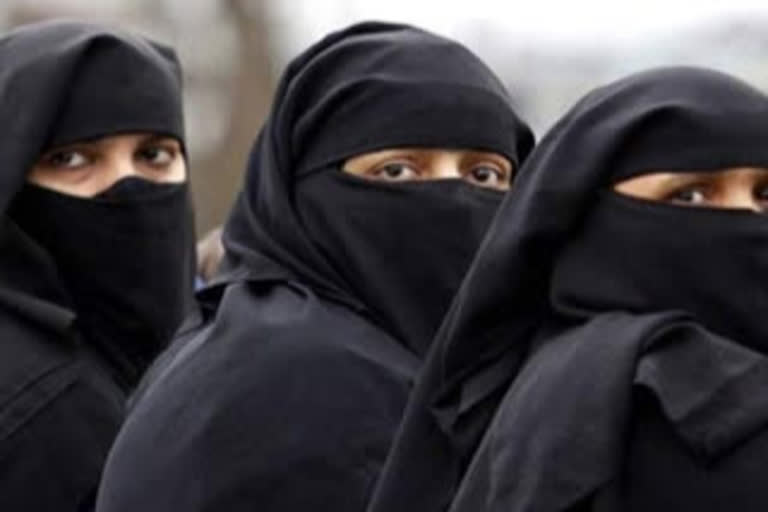Hyderabad: This day, two years ago, India declared triple talaq a criminal offence. The Muslim Women Act 2019 upheld the “self-reliance, self-respect and self-confidence” of women from the community. The second “Muslim Women Rights Day” assumes significance as Union Law Minister said triple talaq cases had been reduced by 82% until last year. However, the government has not provided further details in this regard till date.
Parliament witnessed heated debates and discussions in 2019 over the sensitive issue. Opposition parties remarked that the law targeted Muslim community while the Centre said it was upholding gender equality. The Bill was passed in the Lok Sabha on July 25 that year, with 303 MPs voting in its favour and 82 against it. Five days later, it was passed in the Rajya Sabha with 99 MPs voting in its favour and 84 opposing it.
The ruling BJP pitched the ban on instant triple talaq as a huge step for the empowerment of women, and several ministers, including the then law minister Ravi Shankar Prasad and minority affairs minister Mukhtar Abbas Naqvi, hailed the move a historic one.
Constitutional provisions
Pleas contesting the bill had challenged the Constitutional validity of the Act on grounds that it was manifestly arbitrary and offended Articles 14, 15, 20 and 21 of the Constitution besides making unwarranted/wrongful interference in the Muslim Personal Law as applicable to Hanafi Muslims. Article 14 held triple talaq offensive as Supreme Court verdicts from Shah Bano case (1986) to Shayara Bano case in 2017 pointed out.
Article 25 of the Constitution guarantees freedom of practice and propagation of religion, however, it is subject to restrictions. There is no safeguard for religious practices that can negatively affect the welfare of citizens. Triple talaq denies a Muslim woman's equality before the law as Article 25 is overridden by Article 14. In addition, Article 25 is also subject to Article 15 (1) which says that the state “shall not discriminate against any citizen on grounds only of religion, race, caste, sex…” further strengthening the need to regard triple talaq as offensive.
Also read: Woman gang-raped by husband, pals for not bringing dowry



